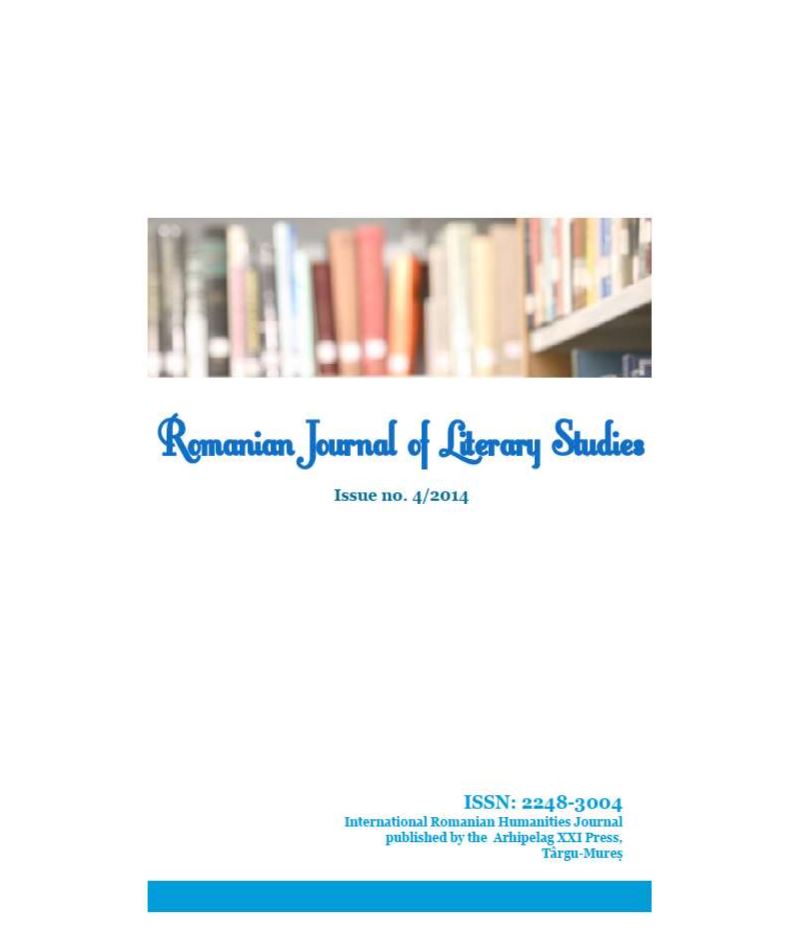THE OTHER END OF THE SPECTRUM. SOCIAL AND MORAL CONFLICTS IN EDITH WHARTON’S ETHAN FROME
THE OTHER END OF THE SPECTRUM. SOCIAL AND MORAL CONFLICTS IN EDITH WHARTON’S ETHAN FROME
Author(s): Oana Alexandra AlexaSubject(s): Language and Literature Studies, Literary Texts
Published by: Editura Arhipelag XXI
Keywords: Edith Wharton; lower-class; social conflict; moral conflict; tragedy.
Summary/Abstract: Edith Wharton was the first woman to win a Pulitzer Prize for her 1920 novel, The Age of Innocence, which is quintessential for her long literary career. A member of the leisure class herself, Wharton was able to capture the unique social and moral conflicts within the New York elite by going beyond the carefully knit curtain of conventions. Her few attempts to move towards the other end of the social spectrum are, in this sense, surprising and that much powerful. This paper focuses on the story of a poor lower-class man from an isolated community who falls helplessly in love with his wife’s cousin. After a failed suicide attempt, the couple ends up crippled and in the care of the hypochondriac wife. Ethan Frome (1911) is about conventions and crippling moral conflicts which destroy three souls and leave them as icy as the long Massachusetts winters. I will show that Wharton’s insight on Frome’s tragic fate equals her praised depictions of the upper-class manners and deserves a closer look at the particularities of social and moral conflicts in remote communities like Starkfield.
Journal: Journal of Romanian Literary Studies
- Issue Year: 2014
- Issue No: 04
- Page Range: 114-120
- Page Count: 7
- Language: English

